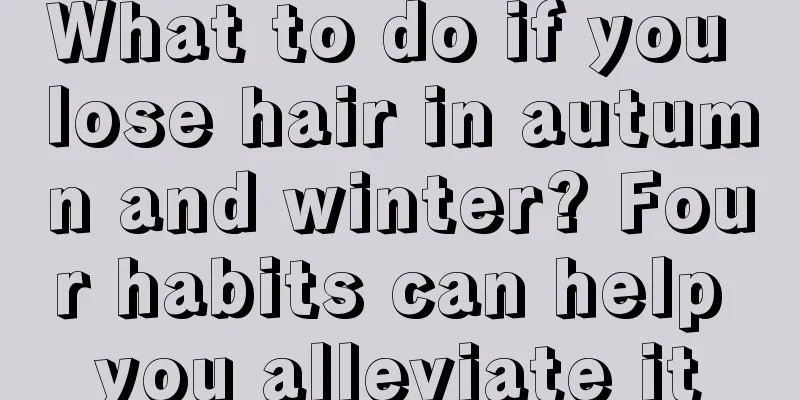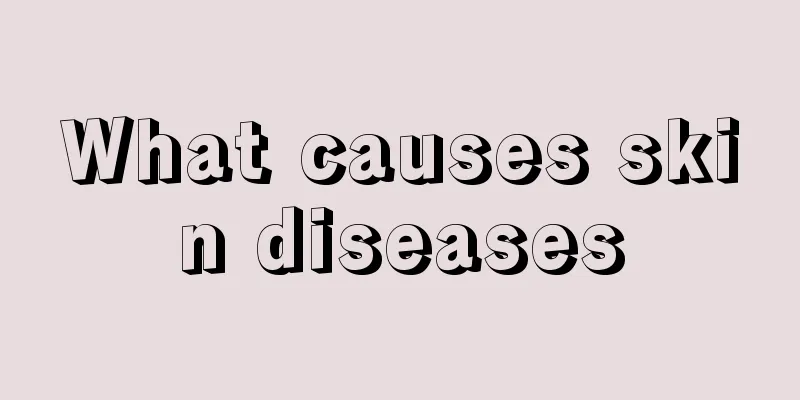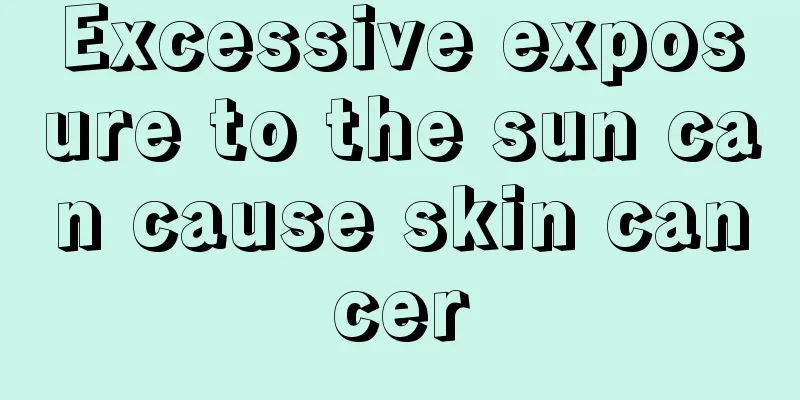What to do if you lose hair in autumn and winter? Four habits can help you alleviate it

|
Hair loss is also seasonal, and some people experience particularly severe hair loss in autumn and winter. To alleviate this situation, you can adjust your personal habits, first the frequency of shampooing, then massage your hair, and also get enough sleep and a scientific diet. 1. Set your personal shampooing frequency. Many people like to wash their hair frequently, which is not conducive to hair care. The frequency of shampooing can be slightly higher in summer because there is more sweating and sebum secretion in summer. The shampooing cycle can be appropriately extended in autumn and winter to 1-2 times a week. People with different hair types have different shampooing frequencies. For dry hair, wash once a week; for oily hair, wash twice a week. Shampoo should also be selected according to hair type. Dry hair can use mild nourishing shampoo, while oily hair should use shampoo with stronger detergency. 2. Daily head massage. Protecting hair should start from daily life. Use appropriate amount of hair lotion after shampooing or daily to replenish hair nutrition and moisture. At the same time, massage the head frequently for 5-10 minutes each time to promote blood circulation and increase hair nutrition. You can comb your hair every morning and evening, which can not only make your hair fluffy, but also facilitate the breathing and metabolism of the scalp and hair, and promote healthy hair growth. 3. Adequate sleep and optimistic mood. Hair is closely related to psychological factors. Mental tension and excessive stress can lead to and aggravate hair loss. Once hair loss occurs, it causes both physical and psychological obstacles to patients. Overcoming and correcting negative emotions is often not to be underestimated in the treatment of hair loss, and even plays a decisive role, because psychoneurological factors can lead to autonomic dysfunction and induce or aggravate hair loss. 4. Scientific diet. In addition to actively cooperating with the doctor's treatment, people with hair loss should also pay attention to the scientific nature of their diet. For example, excessive consumption of sweets, beverages, fried foods, chocolate, coffee, cream and other fat-rich products will lead to excessive sugar in the body, causing fat metabolism disorders and excessive sebum secretion, affecting the hair. Spicy foods such as peppers, chives, garlic, mustard, and alcoholic beverages can also irritate the scalp, causing or aggravating scalp itching and hair loss. |
<<: What is the difference between rheumatism and rheumatoid arthritis?
>>: What to do when hair is falling out due to stress, how to adjust your mentality
Recommend
How much fruit should you eat every day? Here are 5 suggestions for eating fruit
Now there are a variety of fruits in our country,...
The scalp is red, swollen and itchy with small red bumps
Most of the time, the human scalp is covered with...
Computer radiation distance
It has to be said that computers are one of the e...
Are mothballs harmful to humans?
In fact, many people may use mothballs in their d...
What are the symptoms of jaundice caused by pancreatic cancer
What are the symptoms of pancreatic cancer jaundi...
Is the itchiness from ear piercing going to go away soon?
Although piercing your ears is very simple, it do...
What is the current chance of curing fibroids?
For each of us, once we suffer from fibroid disea...
Why do I have a headache after playing ball?
If you get a headache after playing basketball, i...
How to distinguish between follicles and cysts
There is a difference between follicles and cysts...
Is blood purification harmful?
Blood purification is a common means of medical t...
Secret soy sauce recipe
Although there are many types of soy sauce on the...
What are the effective methods to treat mites
Mites are extremely tiny animals, with a body siz...
What foods should you eat if you have too little stomach acid? Eating less of these foods can relieve stomach acid
Too little stomach acid is one of the important r...
What are the do's and don'ts for keeping in good health in autumn
In autumn, due to the dry weather, people are pro...
How to cook red beans and coix seed in a microwave oven
Both red beans and coix seeds have the effects of...









